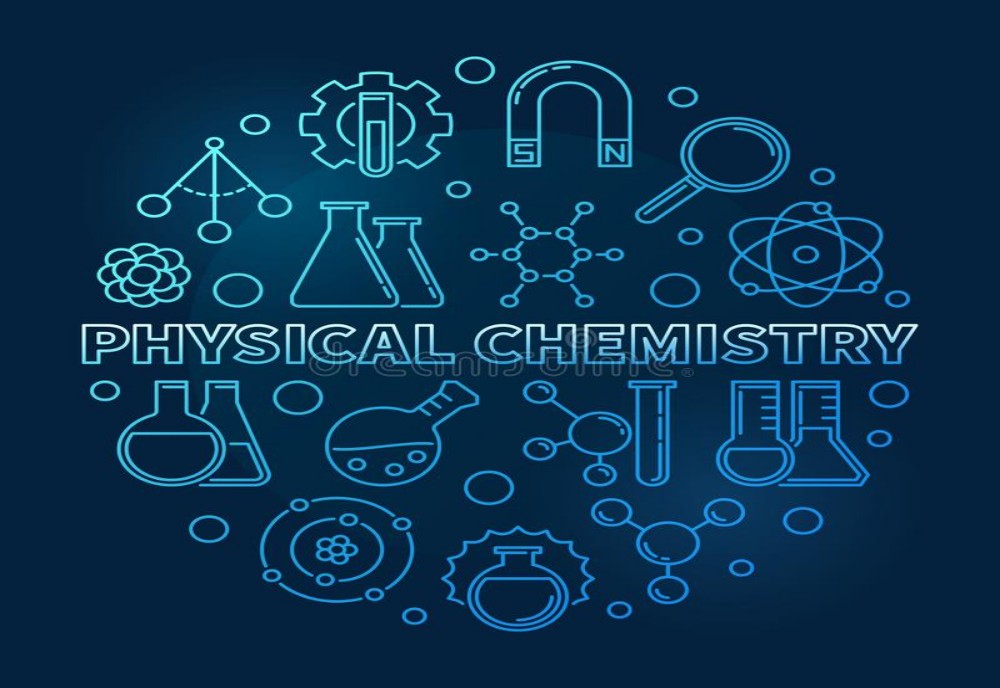Physical chemistry is the study of how matter behaves on a molecular and atomic level and how chemical reactions occur. Based on their analyses, physical chemists may develop new theories, such as how complex structures are formed. Physical chemists often work closely with materials scientists to research and develop potential uses for new materials.
Training for the Real World
Physical chemistry has traditionally given students broad training, and positioned them to work in a variety of scientific careers. Many people trained as physical chemists ultimately work as analytical chemists, where they work to understand the fundamental process involved in analytical techniques, allowing them to enhance and expand those techniques.
For example, Matt Lynch, Principal Scientist in the Beauty Care Division of Procter & Gamble, works in physical/analytical chemistry, conducting applied and basic surfactant research for product development applications. His work involves looking at the assembly of molecules and determining how to measure and quantify it. Lynch says, “We assemble molecules in crystals and solutions and look at how to measure that in terms of arrangements of atoms and molecules; how they grow to form bigger aggregates in solutions as well as in crystals; and how these aggregates of surfactants impart various properties to a product.” Lynch notes that he uses diffraction, infrared, and microscopy methods in his work. By developing better ways to measure and quantitate aspects of the ingredients, he helps his company develop better products.
What Do Physical Chemists Do?
Physical chemists are focused on understanding the physical properties of atoms and molecules, the way chemical reactions work, and what these properties reveal. Their work involves analyzing materials, developing methods to test and characterize the properties of materials, developing theories about these properties, and discovering the potential use of the materials. Using sophisticated instrumentation and equipment has always been an important aspect of physical chemistry. Most physical chemistry labs are full of analytical instruments, which can include lasers, mass spectrometers, nuclear magnetic resonance, and electron microscopes.
Physical chemists’ discoveries are based on understanding chemical properties and describing their behavior using theories of physics and mathematical computations. Physical chemists predict properties and reactions of chemicals, then test and refine those predications. They use mathematical analysis and statistics on huge datasets, sometimes with millions of data points, to reveal hidden information about compounds, materials, and processes. They may also conduct simulations, developing mathematical equations that predict how compounds will react over time.
Recently, more and more physical chemists have found homes in the emerging fields of materials science and molecular modeling where their skills in analyzing and predicting the behavior of physical properties have exciting new applications. By combining the mathematical rigidity of physical chemistry with the practicality of new materials and new applications, the field of physical chemistry is expanding in new and exciting ways.


